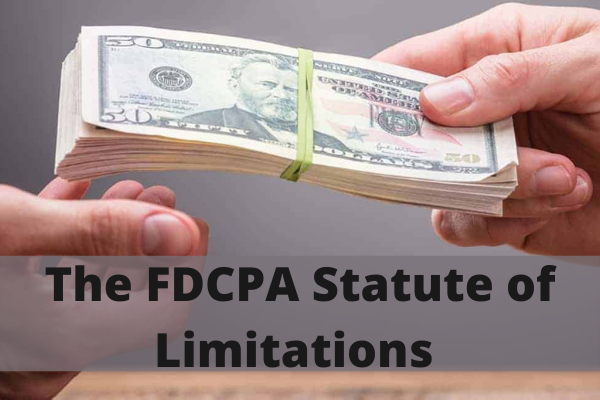As one of the consumers out there, the burden of debt isn’t one that you need to hold forever. Under the FDCPA or Fair Debt Collection Practices Act, a third-party debt collector is legally obligated to avoid any malpractice when obtaining debt from consumers. Typically, it includes both for how long and how the debt is collected.
FDCPA addresses the statute of limitations or debt collection methods or how long consumers can be sued for any unpaid debts. This law applies to personal debts, including medical debt, credit card debt, student loans, medical debt, and mortgages. FDCPA doesn’t apply to corporate and business debts.
FDCPA also attempts to stop all debt collectors from any unethical consumer collection methods by limiting by how and when debts can be collected. This law protects the consumers from any abusive practices by debt collectors, including false information, threats, and profanities. It also only applies to consumer debt and doesn’t include any business debt. State and federal employees and legal process servers are exempt from FDCPA.
What You Should Know About Statute of Limitations
SOL or statute of limitations to file lawsuits under FDCPA refers to the number of years debt collectors can sue for unpaid debt. Even if the limitations may differ by type and state of debt, the standard is actually 1 year.
FDCPA statute of limitations begins on your last payment date. Keep in mind that there are some instances where the timeframe of SOL can be reinstated.
If you’re wondering how long debt collectors legally pursue the old debt, the statute of limitations files a lawsuit under the FDCPA in a year after the violation happens.
After the statute of limitations, it’s still possible for all debt collectors to sue you, even if it’s against the law. It’s hard for consumers to verify the statute of limitations has passed and the dishonest collectors can capitalize on that. However, keep in mind that if the statute of limitations has passed, you always have the right to ask and use any available resources to know fair financial practices.
Under the statute of limitations, payment history is considered as one of the biggest determinants of the consumer’s credit score and any unpaid debt typically has an impact on one’s score. This may then affect your interest rates for loans, ability to be approved for insurance rates, mortgages, and employment.
Even if FDCPA and the statute of limitations protect consumers from harassment and devastation for unpaid debts, it doesn’t mean that the consumers must depend on such things alone. Unpaid debt may still have negative effects on your credit score, which can have a big long-term impact. If your credit score has been impacted negatively by your unpaid debt, work on repairing your credit with personalized credit consultation, game plan, and credit report summary.
If the debt collectors have violated FDCPA when you’re trying to collect debts from you, consider talking to a lawyer to get advice regarding your options and the deadline to file a lawsuit. Also, it’s essential to know that you can’t take an action under the FDCPA because of limitations issues, you could get a long limitations period for the claims under state law.




